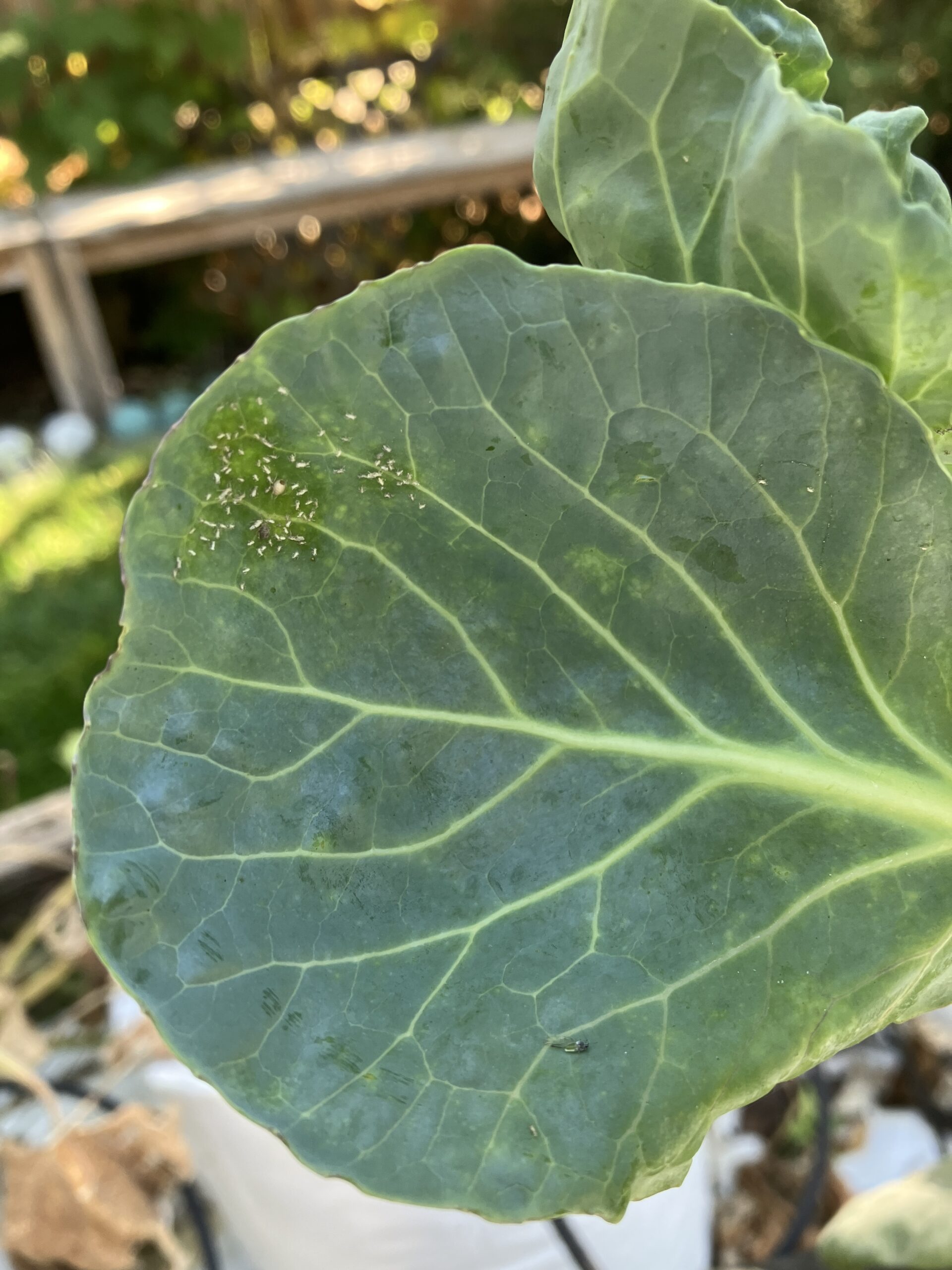5.4 Pest Control in Portable Environments

5.4 Pest Control in Portable Environments
Understanding Integrated Pest Management
Effective organic pest control begins with a comprehensive understanding of your garden’s ecosystem. Rather than reacting to pest problems after they occur, integrated pest management focuses on creating a balanced growing environment that naturally discourages pest populations while encouraging beneficial insects. This proactive approach combines careful monitoring, preventive measures, and targeted interventions using organic methods to maintain plant health while preserving beneficial garden inhabitants.
Prevention Through Plant Health
Strong, healthy plants naturally resist pest pressure better than stressed or weakened ones. Maintaining optimal growing conditions through proper watering, appropriate nutrient levels, and good air circulation creates plants that can better withstand pest challenges. The mobility of grow bags provides a unique advantage, allowing you to quickly isolate affected plants or adjust growing conditions to optimize plant health. Regular monitoring helps identify potential health issues before they create vulnerability to pest problems.
Companion Planting Strategies
Strategic plant placement can significantly reduce pest pressure. Aromatic herbs like basil, rosemary, and marigolds naturally repel many common garden pests while attracting beneficial insects. The flexibility of grow bags allows for easy implementation of companion planting arrangements, enabling quick adjustments as needed. Creating diverse plant communities helps prevent pest populations from establishing while supporting natural predator populations that help control potential pest issues.
Beneficial Insect Support
Encouraging beneficial insects provides natural pest control while supporting overall garden health. Creating habitat areas with flowering plants like yarrow, dill, and flowering herbs attracts predatory insects such as ladybugs, praying mantises, and parasitic wasps. These natural predators help control pest populations without the need for chemical interventions. The mobility of grow bags allows for strategic placement of these beneficial habitat areas throughout your growing space.
Physical Barriers and Controls
Physical pest control methods provide effective protection without chemical interventions. Fine mesh netting or row covers can prevent flying pests from accessing plants, while copper tape or diatomaceous earth creates barriers against crawling insects and slugs. The contained nature of grow bags makes it easier to implement these physical controls effectively, while their mobility allows for quick adjustment or removal of barriers when needed for plant maintenance or harvesting.
Organic Spray Solutions
When direct intervention becomes necessary, organic spray solutions offer effective pest control without harmful residues. Neem oil provides broad-spectrum pest control while being safe for beneficial insects when dry. Insecticidal soaps target soft-bodied insects while breaking down quickly in the environment. Solutions containing beneficial bacteria like Bacillus thuringiensis (Bt) provide targeted control of specific pest species while being safe for other garden inhabitants.
Cultural Control Methods
Cultural practices play a crucial role in organic pest management. Regular monitoring allows for early detection of potential problems, while proper sanitation helps prevent pest populations from establishing. The mobility of grow bags facilitates crop rotation and isolation of affected plants, breaking pest life cycles naturally. Maintaining appropriate plant spacing and air circulation helps prevent conditions that favor pest development.
Natural Predator Enhancement
Beyond insects, larger predators like birds and toads provide valuable pest control services. Creating habitat features that support these natural predators helps maintain balanced garden ecosystems. Bird baths, toad houses, and perching spots near growing areas encourage beneficial predator presence. The flexibility of grow bag arrangements allows for easy integration of these habitat features throughout your growing space.

